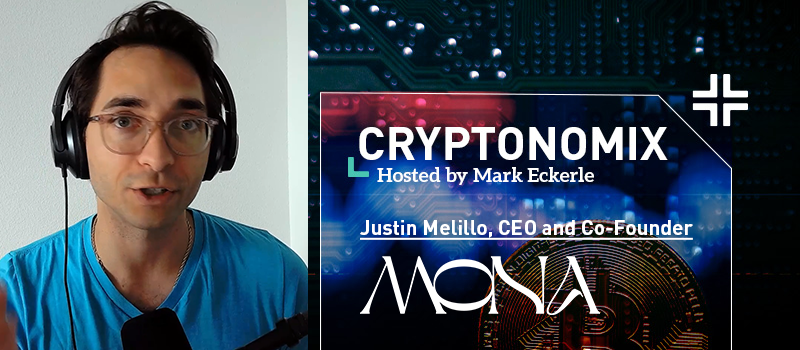When you hear the word blockchain, naturally, cryptocurrency comes to mind. Its decentralized approach keeps transactions uniform across the entire network, preventing tampering. However, developers are now finding ways to integrate blockchain technology within the games, bringing once-in-game-only currency to the real world.
Typically, in-game currency held no value other than to the game in which it was earned. Players could not access or transact with it in the outside world. With the emergence of blockchain gaming, in-game currency and even items acquired within the game now hold real-world value. They can be bought, sold, traded, and even transferred from one game to another. This is because of the use of non-fungible tokens, or NFTs. NFTs are unique items that are impossible to replicate and hold a particular value due to their rarity. These NFTs can represent several in-game items, such as weapons, skins, and characters, all of which can be traded on an open market or redeemed for actual real-world dollars.
However, with real-world dollars come real-world risks from market fluctuations, hacking, and scamming. Companies publishing these play-to-earn platforms should consider the risk of a cyber breach when developing their title to proactively prevent a violation that is far less costly than reacting to one. Contacting Withum to assess your cyber environment will ensure that your company, game, and players are protected from these nefarious risks.
Further, NFT’s also carry specific tax ramifications that could become confusing to those new to the space. Learn more on the taxability of NFT’s, in an article written by Joshua Horowitz, “The Age of Non-Fungible Tokens (NFT) is Upon Us.”
Contact Us
For more information on this topic, please contact a member of Withum’s Esports Services Team.





